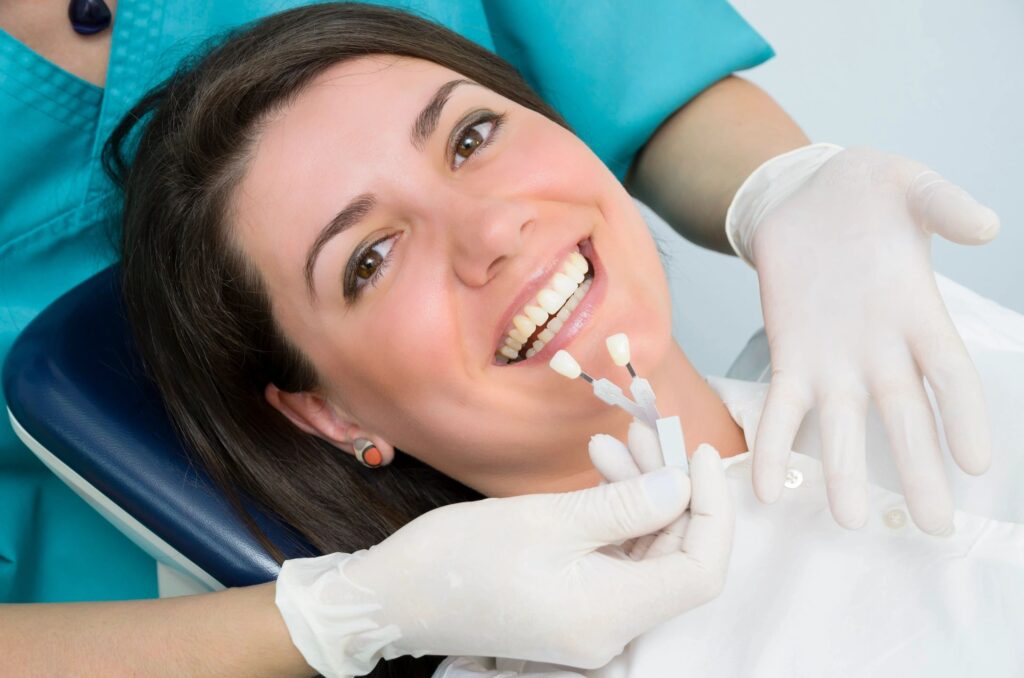Introduction to Dental Health and Overall Well-Being
Did you know your oral health is intricately linked to your overall well-being? Maintaining healthy teeth and gums isn’t just about having a great smile; it can prevent more serious health conditions and enhance your quality of life. From reducing the risk of heart disease to boosting self-esteem, the benefits of good oral hygiene are vast and impactful. Proper dental care can be surprisingly simple and highly effective when integrated into your daily routine. Thankfully, resources like Delta Dental provide valuable guidelines for individuals to follow on their journey to achieving optimal dental health. The relationship between oral hygiene and overall wellness is becoming increasingly recognized, making it essential for everyone to adopt effective dental care practices. Learn more about it at https://www1.deltadentalins.com/areas-we-serve/newyork.html.
The Basics of Oral Hygiene
Creating a daily oral care regimen is the foundation of good dental health. It is highly advised that you use a soft-bristled toothbrush to brush your teeth at least twice every day, being particularly careful with technique to ensure that every tooth is similarly cleansed. Flossing, often overlooked, is equally important for removing food particles and plaque between teeth where toothbrushes can’t reach. Incorporating mouthwash can also prove beneficial, as it reaches areas that brushing and flossing might miss and provides a final rinse to wash away any remaining bacteria. Opting for fluoride toothpaste strengthens your enamel, making it more resistant to decay and sensitivity. These consistent habits form the backbone of an effective oral care regimen and set you on the path to excellent dental health.
Nutrition for a Healthy Smile
Your diet has a significant impact on how well your teeth and gums function. Maintaining bone strength and bolstering the structure of your teeth and jaw requires a well-balanced diet high in calcium and vitamin D. Meanwhile, vitamin C is essential for gum health, minimizing inflammation and aiding in the repair of tissues. Including more leafy greens, dairy products, and almonds in your diet can enhance oral health. Apples, carrots, and celery are examples of crunchy fruits and vegetables that function as natural toothbrushes by promoting salivation and gum stimulation, which naturally cleans teeth and lowers plaque. Avoiding excessive sugar consumption, which can lead to cavities, is also key to maintaining a balanced and tooth-friendly diet.
The Impact of Habits on Dental Health
Daily choices and habits significantly impact your dental health. Habitual smoking and excessive alcohol consumption are primary risk factors for gum disease, tooth discoloration, and even oral cancer. Both smoking and drinking create an environment in the mouth that supports the growth of harmful bacteria. Although it can be difficult, breaking these habits can have a positive impact on systemic and oral health. The Centers for Disease Control and Prevention (CDC) emphasizes the substantial oral benefits of quitting these habits, highlighting reduced risks of gum diseases and oral complications. Embracing healthier lifestyle choices, such as regular physical activity and a balanced diet, can further contribute to overall wellness.
Stress: An Overlooked Factor
Stress might not be immediately associated with oral health, but it plays an integral role in various conditions, such as bruxism, where individuals grind their teeth subconsciously, often during sleep. This reflexive response to stress can cause migraines, teeth enamel erosion and jaw pain. Additionally, stress can exacerbate gum disease by impairing the body’s ability to fight off infections. Your oral health can be substantially improved by using stress-reduction practices like yoga, meditation, or mindfulness. Techniques that promote relaxation can help prevent stress-related oral health issues while enhancing your emotional and physical well-being.
The Importance of Regular Dental Checkups
Regular dental checkups, typically recommended twice a year, are crucial for maintaining good oral health. These visits enable the early detection of potential issues—such as cavities, gum disease, or oral cancer—before they develop into larger problems. Dentists have been trained to spot early warning signs that might go unnoticed by an untrained eye, allowing for timely interventions. Routine cleanings performed during these checkups help remove tartar and plaque buildup that daily brushing cannot address. The consultation phase of dental visits offers patients the opportunity to discuss concerns and explore dental care tips, further enhancing their oral hygiene practices.
Preventative Measures for Long-Term Benefits
Sealants and fluoride treatments are great examples of preventative therapy that shields teeth from decay and improves oral health over the long run. Dental sealants act as barriers, protecting hard-to-clean areas and preventing food particles from setting in. Fluoride treatments strengthen teeth and increase their resistance to acid attacks by oral bacteria. Advances in dental technology, like digital X-rays and laser treatments, continue to enhance the effectiveness and accessibility of preventative dental care, making it increasingly available and affordable for all.
Real-Life Success Stories
Consider Jane, who received a wake-up call after a routine visit revealed early signs of gum disease due to years of neglecting oral hygiene. Making small, manageable changes, like brushing more thoroughly and incorporating flossing into her routine, improved her oral health greatly over just a few months. These changes strengthened her dental health and increased her energy levels and confidence, proving that it’s possible to reverse undesirable dental conditions with dedication and persistence.
Conclusion: Small Steps to Big Smiles
Improving your dental health requires commitment, but it doesn’t necessitate drastic changes. By adopting small, consistent actions, like maintaining a daily oral hygiene routine and making better dietary choices, you can achieve significant benefits for both your dental and overall health. Start implementing these habits today. With every step, you invest in the well-being of your future self and the health of your smile.

